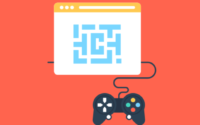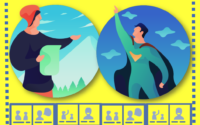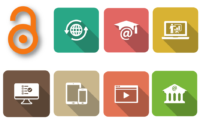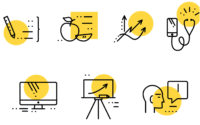
Swords and sorcery: a structural gamification framework for higher education using role-playing game elements
Students attend the first sessions of your units and then disappear, some of them forever, and some of them have no clue what is going on or they work for other units’ assessments. When it comes to providing them with formative assessment, it is not always well received as it is perceived as extra work. […]
















